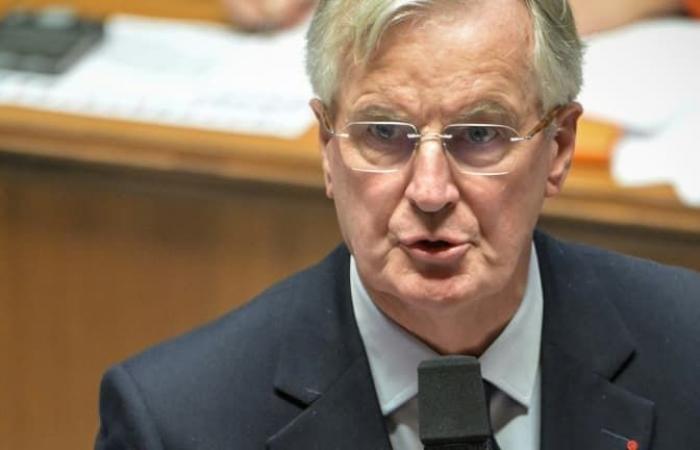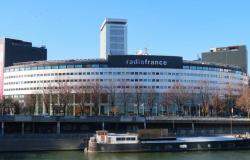The day after Michel Barnier spoke on TF1, France's 10-year borrowing rates temporarily exceeded those of Greece, the most indebted country in the European Union.
“I want to tell the French that the moment is very serious.” This Tuesday evening on TF1, Michel Barnier warned the country and the oppositions in Parliament. A possible censorship by the government on the vote on the Budget would lead France into a very dangerous spiral on the financial level.
“There will be a storm, a fairly serious financial situation,” insisted the Prime Minister, recalling that France was already borrowing at very high rates on the markets “almost at the level of Greece”.
A statement that falls short of reality since this morning the French bond rate even exceeded that of Greece. And not on the 5-year bond as last September, but indeed on the 10-year rate, the one which is the benchmark for measuring the spread with the States.
Between 9 a.m. and 10 a.m. this morning, the “French 10-year” rose to 3.045% while at the same time the “Greek 10-year” did not exceed 3.04%. The yield on the French bond has since fallen below that of the Greek, but even this temporary overshoot reflects a concern rarely seen on the markets for the French situation.
The risk premium of the French bond is therefore more or less equal for investors to that of Greece, the country which has the highest debt-to-GDP ratio in Europe (160% of GDP).
France in platoon queue
Worse, the “French 10 year” is now higher than the rate of almost all the countries that the Anglo-Saxons pejoratively nicknamed PIIGS at the beginning of the 2010s, namely Portugal, Ireland, Italy, Greece and 'Spain.
The Portuguese rate is currently below 2.7%, Irish below 2.5%, and Spanish below 2.9%. Only Italy is doing worse than France with a 10-year borrowing rate of more than 3.4%.
As for the spread with Germany, already at its highest since 2012, it continues to increase. This Wednesday morning, it is close to 90 basis points (0.9%) after closing this Tuesday evening at 84.
The causes of the French collapse are known. More than public deficits or the debt-to-GDP ratio, it is political instability that investors judge harshly.
“The French political situation poses a problem” and “with the pressure that the RN puts on the government”, a “motion of censure appears to be an increasingly likely outcome for the markets”, explains Aurélien Buffaut, bond manager of Delubac AM .
With one unknown that particularly worries them: the cost of the compromises that the Prime Minister will have to make to avoid censorship and which risk causing France to deviate from its deficit trajectory.
Especially since the moment is particularly inopportune for the country as explained by Marine Mazet, rates strategist at Nomura.
If the government falls at the end of December, “political and fiscal instability will worsen at a time when there will be little liquidity on the markets, which could give rise to exacerbated movements,” explains the strategist.
Only a few days left to avoid “the storm”.







